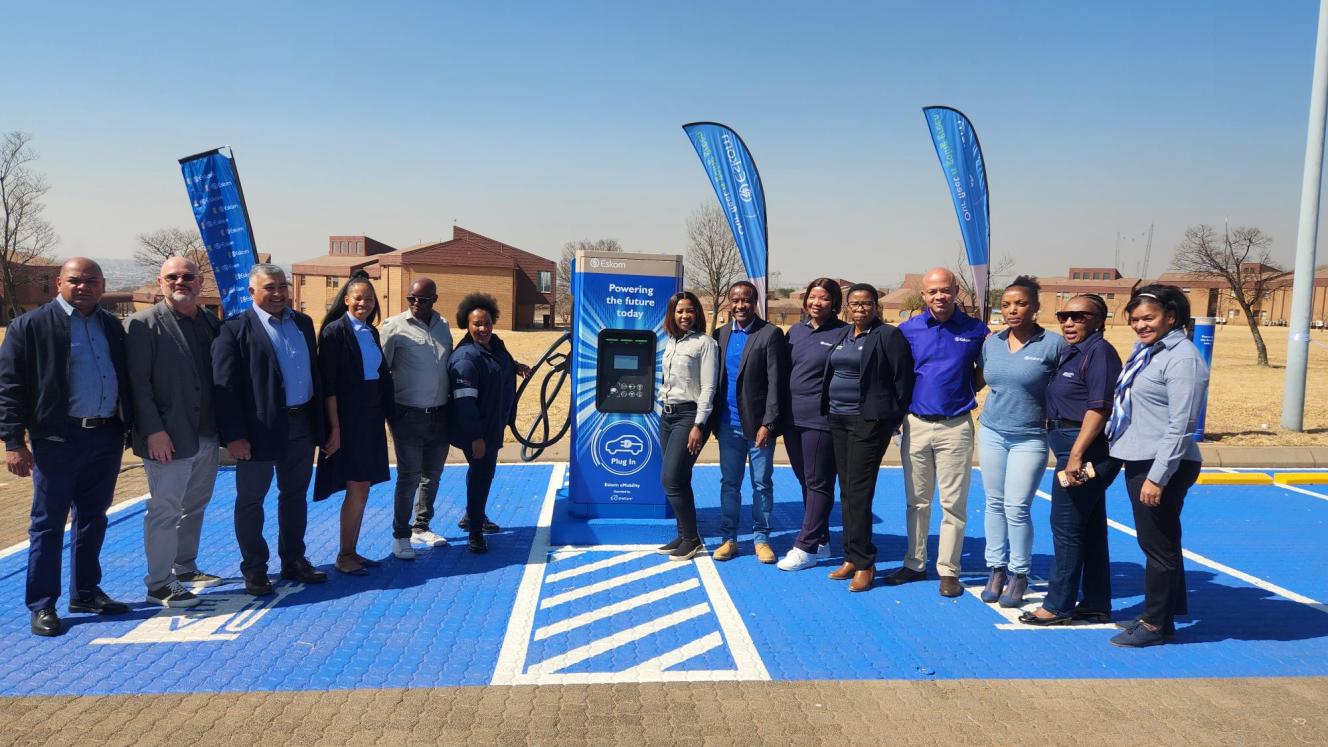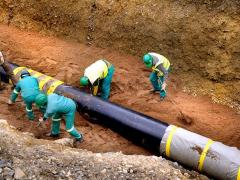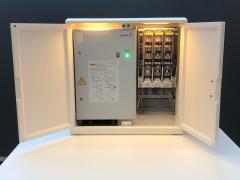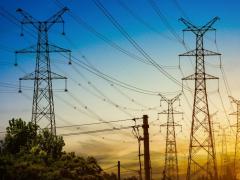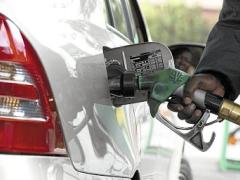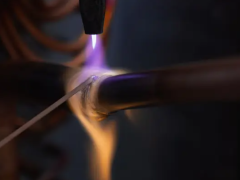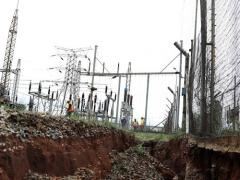Eskom launched its electric vehicle (EV) charging infrastructure at the Eskom Academy of Learning (EAL) in Midrand, Gauteng.
The pilot project includes the procurement of 20 electric vehicles ranging from light delivery vehicles to light trucks for operational use and the installation of 10 charging stations at five Eskom sites across the country, including Brackenfell in Cape Town, Mkondeni in Pietermaritzburg, Tlhabane Customer Network Centre (CNC) in Rustenburg, and Marathon CNC in Mbombela.
These sites will serve as the foundation for Eskom Distribution’s long-term strategy to electrify its entire fleet by 2040, the utility said in a statement.
The newly installed charging stations, in partnership with Gridcars, are Direct Current (DC) Fast Chargers (60kW) and Dual Alternating Current (AC) Chargers (22kW), optimally sized to cater for overnight charging of fleet vehicles and daytime workplace charging for employees and visitors.
“Our long-term strategy is to deliver a competitive, sustainable, and future-proof Eskom to ensure energy security, growth, and long-term sustainability for the benefit of South Africa and sub-Saharan Africa. By investing in eMobility and the charging infrastructure needed for EVs, we are not only reducing our carbon footprint but also stimulating the local economy and creating new opportunities for growth,” said Gabriel Kgabo, General Manager in the Office of the Eskom Group Executive for Distribution.
“The successful launch of this infrastructure is a result of the dedicated efforts of the project team within Eskom. Their work is laying the groundwork for a future where electric vehicles play a central role in South Africa’s transportation landscape,” says Kgabo.
Kgabo emphasised Eskom’s role in supporting the government’s efforts to integrate South Africa into the global EV market ecosystem. This includes the release of the EV White Paper by the Department of Trade, Industry, and Competition (DTIC) in December 2023 and the incentives announced by the National Treasury to promote local production of EVs starting in 2026
